This week, we mourn the loss of one of Kenya’s boldest voices in non-fiction and reportage, look in on multimedia and interdisciplinary revivals of literary works in Hong Kong, and celebrate the poetry of one’s native tongue in Mexico. Read on to find out more!
Wambua Muindi, Editor-at-Large, reporting from Kenya
In Kenya, the year began on a sombre note for writers and readers, as on January 11, Rasna Warah breathed her last. Her prolific and bold body of work includes Triple Heritage: A Journey to Self-Discovery (1998), Mogadishu Then and Now: A Pictorial Tribute to Africa’s Most Wounded City (2012), War Crimes: How Warlords, Politicians, Foreign Governments and Aid Agencies Conspired to Create a Failed State in Somalia (2014), and Unsilenced: Unmasking the United Nations’ Culture of Cover-Ups, Corruption, and Impunity (2016)—this latter work stemming from her stint as an editor with UN-Habitat, the United Nations Human Settlements Programme. A Kenyan of South Asian extraction, Warah was a committed social critic and brought this fire to her journalism and writing. Her courageous journalism, passionate writing in local dailies, and numerous X quips on national, regional, continental, and world politics endeared her to the digital public, where she remained active before and during her diagnosis of breast cancer in 2022. The loss of her voice and talent is immense, demonstrated by the outpouring of grief and reverential eulogies, and standing as a testament to the power of the pen. Among others, this grief was displayed in the tribute poem by writer Tony Mochama, celebrating Warah’s career and detailing her courage and commitment to social justice. Rest in power Rasna Warah! READ MORE…



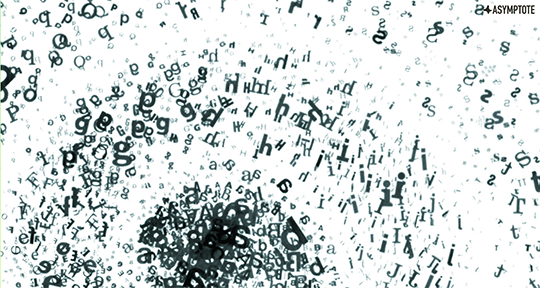
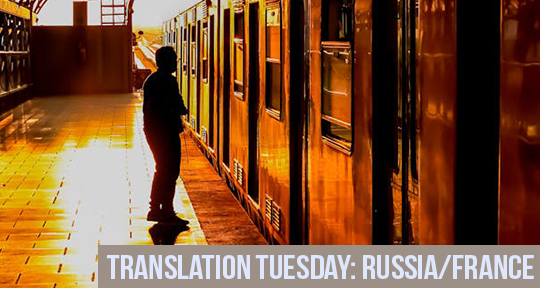


 This spirit of formal ambition is by no means limited to our Special Feature. After all, “as the reality of each time changes,” says
This spirit of formal ambition is by no means limited to our Special Feature. After all, “as the reality of each time changes,” says 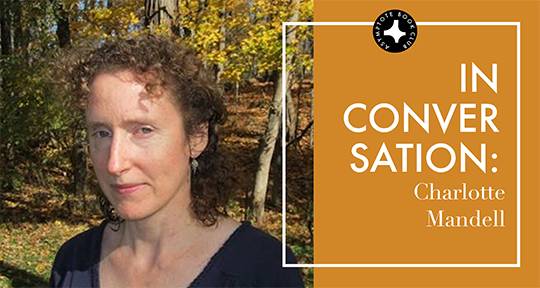
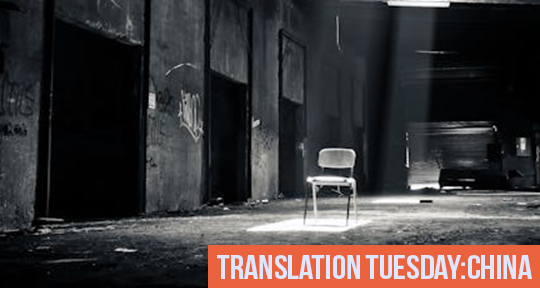
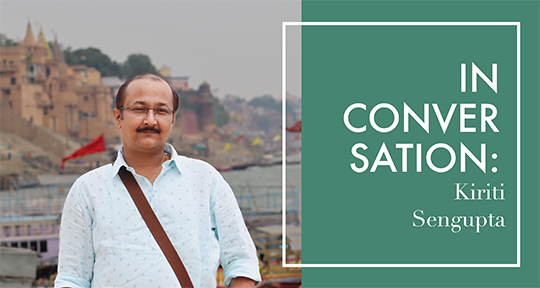
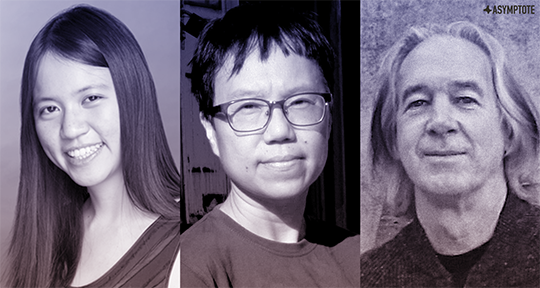
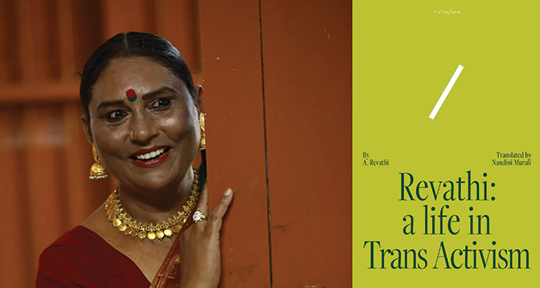
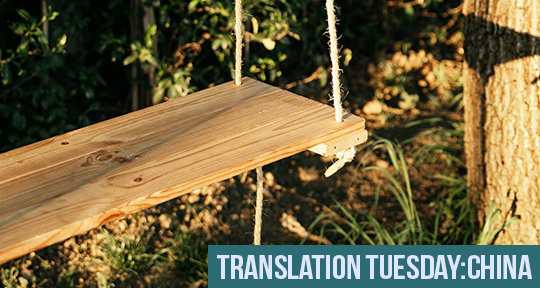
Blog Editors’ Highlights: Winter 2025
Reviewing the manifold interpretations and curiosities in our Winter 2025 issue.
In a new issue spanning thirty-two countries and twenty languages, the array of literary offers include textual experiments, ever-novel takes on the craft of translation, and profound works that relate to the present moment in both necessary and unexpected ways. Here, our blog editors point to the works that most moved them.
Introducing his translation of Franz Kafka’s The Trial in 2012, Breon Mitchell remarked that with every generation, there seems to be a need for a new translation of so-called classic works of literature. His iteration was radically adherent to the original manuscript of The Trial, which was diligently kept under lock and key until the mid-fifties; by then, it was discovered exactly to what extent Max Brod had rewritten and restructured the original looseleaf pages of Kafka’s original draft. It is clear from Mitchell’s note that he considers this edit, if not an offense to Kafka, an offense to the reader who has lost the opportunity to enact their own radical interpretation of the work: an interpretation that touched Mitchell so deeply, he then endeavored to recreate it for others.
In Asymptote’s Winter 2025 Issue, the (digital) pages are an array of surprising turns of phrase and intriguing structures—of literature that challenges what we believe to be literature, translations that challenge what we believe to be originality, and essays that challenge what we believe to be logic. I am always drawn to the latter: to criticism, and writing about writers. As such, this issue has been a treat.
With the hundredth anniversary of Kafka’s death just in the rearview and the hundredth anniversary of the publication of The Trial looming ever closer, the writer-turned-adjective has not escaped the interest of Asymptote contributors. Italian writer Giorgio Fontana, in Howard Curtis’s tight translation, holds a love for Kafka much like Breon Mitchell. In an excerpt from his book Kafka: A World of Truth, Fontana discusses how we, as readers, repossess the works of Kafka, molding them into something more simplistic or abstract than they are. In a convincing argument, he writes: “The defining characteristic of genius is . . . the possession of a secret that the poet has no ability to express.” READ MORE…
Contributors:- Bella Creel
, - Meghan Racklin
, - Xiao Yue Shan
; Languages: - French
, - German
, - Italian
, - Macedonian
, - Spanish
; Places: - Chile
, - France
, - Italy
, - Macedonia
, - Switzerland
, - Taiwan
, - Turkey
; Writers: - Agustín Fernández Mallo
, - Damion Searls
, - Elsa Gribinski
, - Giorgio Fontana
, - Lidija Dimkovska
, - Sedef Ecer
; Tags: - dystopian thinking
, - identity
, - interpretation
, - nationality
, - painting
, - political commentary
, - revolution
, - the Cypriot Question
, - the Macedonian Question
, - translation
, - visual art
, - Winter 2025 issue
, - world literature